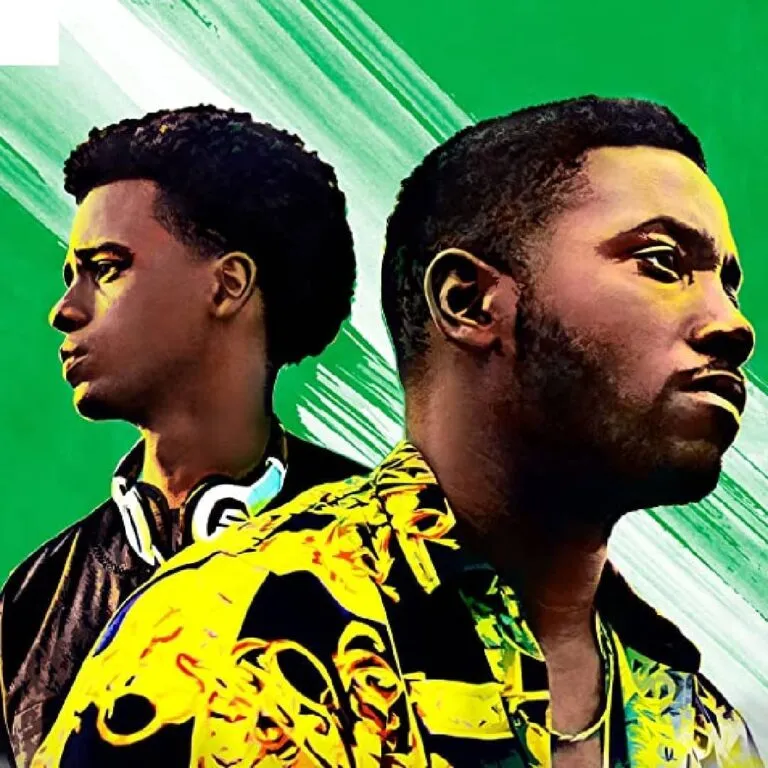
Faraday’s “Nigerian Prince” was as shrewd in ignorance as Eze was when he landed on the green coast
With a Rotten Tomatoes rating of 100%, anyone outside the borders of the proud African nation would assume the Nigerian Prince is a reflection of the country and her people as a whole; which is far from the truth. And while I’m tempted to analyse the short-sightedness that came with the filmmakers, I’ll stick to the movie itself as an Art form.
The Story
The singular most important part of filmmaking is the story and I’m of the opinion the film failed massively in that regard. If I should say the story is character-driven, the people we met at the bringing of the movie are the same people we left behind at the end of it; no growth or character arc whatsoever. If I assume the narrative is plot-driven, I probably missed that as well - as the story was basically rotating on a spot without dimensions. What was crafted as the climax was just another inciting incident with no accident. I had to wonder who the story was about: Eze (Antonio J Bell) or Pius (Chinaza Uche)?
Creative Naivety
Casting Chinaza Uche as Pius was every shade a creative sacrilege. It’s not to water down the talent of Chinaza; he is a fine actor. I particularly enjoyed his role as Paul Billings in Silo, but to cast him as Pius in a role which necessitated a thoroughbred Nigerian living in Nigeria was a bad creative decision. Chinaza may have been born to Nigerian parents, he himself isn’t one and it was obvious in his take of the role. The foreign audience may not be able to tell what a Lagos street smart boy would sound, behave or look like, but we know he’s not one of us. His pidgin was off by a thousand year and his Igbo by a thousand more.
Antonio Bell as Eze was a great choice on the other hand. He’s backstory made him fit-in through and through. Tina Mba’s role on the other hand was a waste of her talent. I wonder why she accepted the role, and the story for that matters. Everybody else in the movie however just fell into the shadows.
Production Design
With budget the movie had, there’s nothing spectacular about the result. What did both the Director and Production designer assume a Professor’s apartment should look like? What’s spectacular about the locations shot overseas? What exactly did all concerned assume it meant to be black skinned?
There are a thousand more questions but let’s move on. With a budget of 1million dollars however, courtesy of AT&T, which would have been approximately about 300million naira, or more, at the time the movie was made, I would say the production value massively underwhelmed.
Everything Else
Sound, Cinematography and other Post workflows, were averagely just there, and so was the director’s approach to the narrative.
Nigeria was a memorable antagonist and I would say she really did a good job. That had to be the one good thing about the movie. If Farady Okoro is going to make another Nigerian-centred narrative however, I’ll suggest he spend a few years in Nigeria and mix with the true Nigerians while at it; so he can be the Eze he never was many years ago. Perhaps he’ll pick a few tricks from the Nigerian kid he never was.
A storyteller and film enthusiast. Follow me on Twitter and Instagram @ebakintunde, make we relate further.